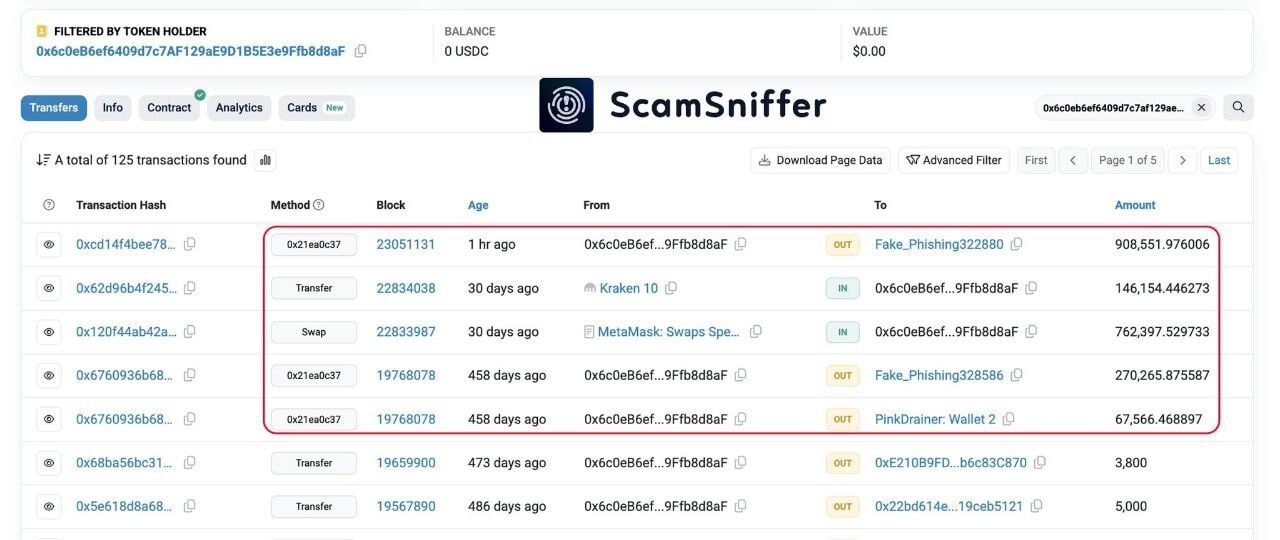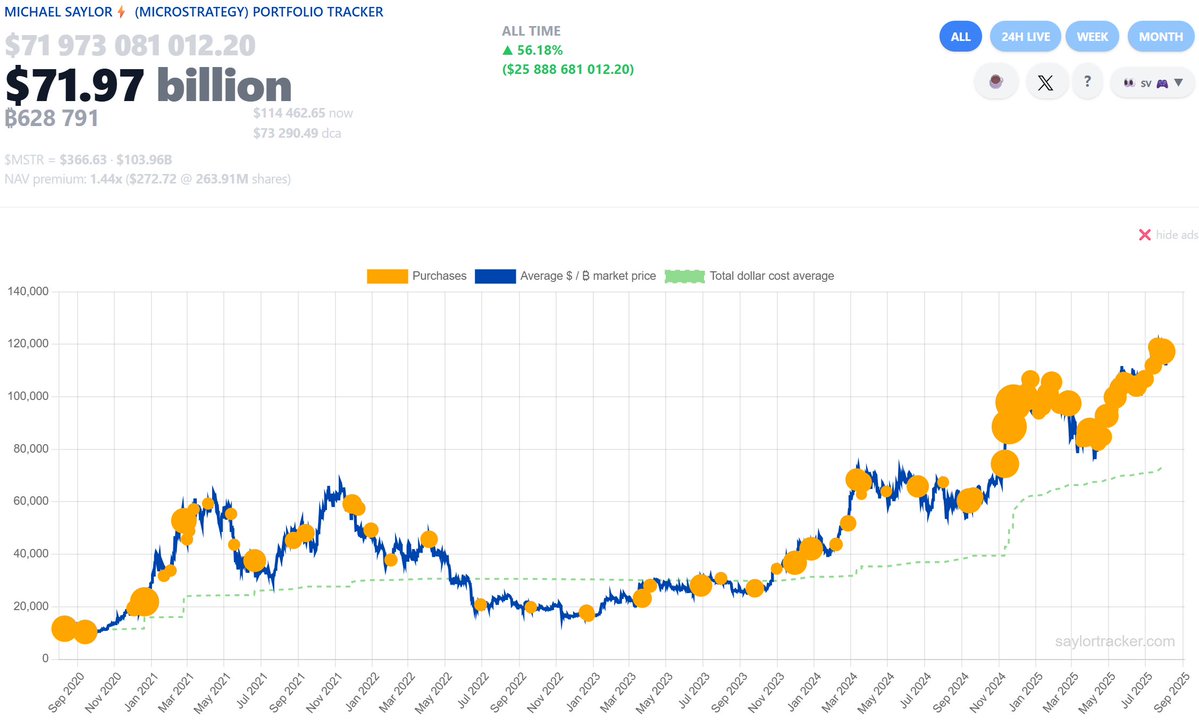Monero Faces Economic Attack Instead of Code Exploitation
Monero is currently dealing with a unique threat as a mining pool named Qubic, led by Sergey Ivancheglo, a co-founder of IOTA, is strategically amassing hash rate through overpaying miners in their native token, QUBIC, rather than in XMR.
How the Attack Strategy Unfolds:
- Miners receive compensation in QUBIC, not XMR
- Qubic stockpiles XMR while burning QUBIC to boost its value
- Increasing rewards attract more miners to join the pool
- Qubic gains dominance without resorting to malicious coding
Potential Consequences if Qubic Surpasses 51% Control:
- Censoring or delaying transactions
- Reversing blocks
- Enforcing protocol modifications
- Compromising Monero’s privacy features
Surprisingly, this attack only costs around $10K per day, making it a cost-effective method compared to traditional advertising.
Factors Making Monero Vulnerable to Such Attacks:
- Availability of mobile CPU miners (RandomX)
- Low fixed block rewards (0.6 XMR)
- Network with zero fees
- Strong usage but weak economic defense
Community Response to the Threat:
- Promoting P2Pool as an alternative
- Recommendation of 13 confirmations for transactions
- Discussion about a potential hard fork
- Issuing public alerts and warnings
This attack signifies a new form of threat, focusing on economic manipulation rather than technical breaches. It highlights the importance of robust incentives in maintaining the integrity of privacy-focused cryptocurrencies like Monero.
Recommended for you: White House Report Reveals Plans to Acquire More Bitcoin for Reserve




